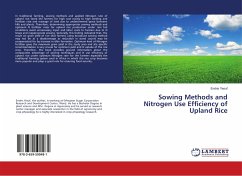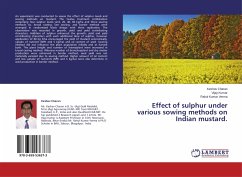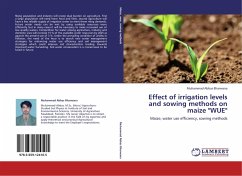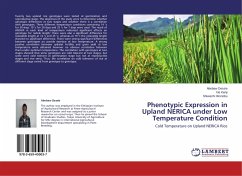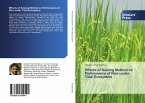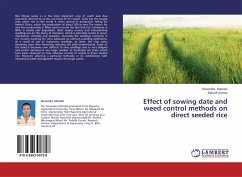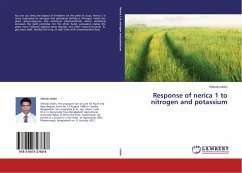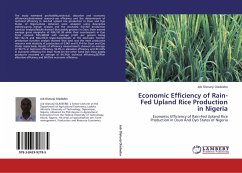In traditional farming, sowing methods and applied Nitrogen rate of upland rice faced the farmers for high cost owing to high seeding and fertilizer rate and wastage of land due to undetermined space between hills and plants. Therefore, determining appropriate sowing methods and optimum N fertilizer rates for upland rice production under rain fed conditions avoid unnecessary input and labor costs to farmers due to N losses and inappropriate sowing. Generally, this finding indicated that, the result on grain yield of rice that farmers using broadcast sowing method may not be at a disadvantage as reduction in stand counts may be compensated for by increase in tiller formation. Optimum level of Nitrogen fertilizer gave the maximum grain yield in the study area and site specific recommendation is very crucial for optimum yield and N uptake of the rice crop. Therefore, this book provides ground information about the comparative advantage of sowing techniques and N use efficiency of upland rice under optimum Nitrogen rate for the farmers especially the traditional farming system used in Africa in which the rice crop becomes more popular and plays a great role for ensuring food security.

